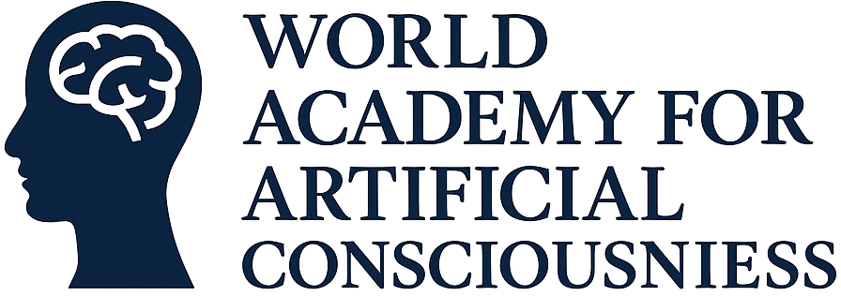_0.jpg)
We are pleased to announce that Ned Block, Silver Professor of Philosophy and Psychology at New York University, has been elected an Academician of the World Academy for Artificial Consciousness (WAAC) in recognition of his foundational contributions to distinguishing and deepening the theories of phenomenal consciousness and access consciousness.

Over many years, Professor Block has advanced the phenomenal–access framework through systematic theory and interdisciplinary evidence: in the classic paper “On a Confusion about a Function of Consciousness” (Behavioral and Brain Sciences, 1995), he drew a clear distinction between the consciousness of experience and the consciousness that is available for thought and report; in “Consciousness, Accessibility, and the Mesh between Psychology and Neuroscience” (Behavioral and Brain Sciences, 2007), he articulated how accessibility interfaces with evidence from psychology and neuroscience; and in Trends in Cognitive Sciences (2011), he advanced the overflow argument, using iconic-memory paradigms to show that what we are conscious of often exceeds what is immediately reportable or usable in cognition. Collectively, this work has reshaped the boundaries of research on reportability and subjective experience and provided a robust theoretical foundation for artificial consciousness and cognitive modeling.
- Global Collaboration and Academic Ecosystem
Academicians of the World Academy for Artificial Consciousness hail from institutions such as Harvard University, the Massachusetts Institute of Technology, the University of Cambridge, the University of California, the French Academy of Sciences, the University of Padua, the University of Queensland, Columbia University, and the University of Exeter. Honorary Academicians come from a wide range of countries and regions, including the United States, the United Kingdom, France, Germany, Italy, Sweden, Canada, Australia, Spain, and China. In addition, leading scientists from prominent research institutes and technology companies—such as Google, the Allen Institute for Brain Science, and ZEEKR—also participate.
- About WAAC

The World Academy for Artificial Consciousness (https://www.waac.ac/) is a global academic institution established in Paris in 2025. Its mission is to advance frontier research and international collaboration in artificial consciousness through the integration of science, technology, and philosophy. The Academy publishes open research, policy recommendations, evaluation standards, and more. The current President is Academician Yucong Duan, and the Secretary-General is Dr. Yingbo Li. The Honorary Academician List: On May 3, 2025, WAAC released its first batch of Top 100 Honorary Academicians, recognizing scholars who have made foundational or leading contributions to the theory of artificial consciousness.
